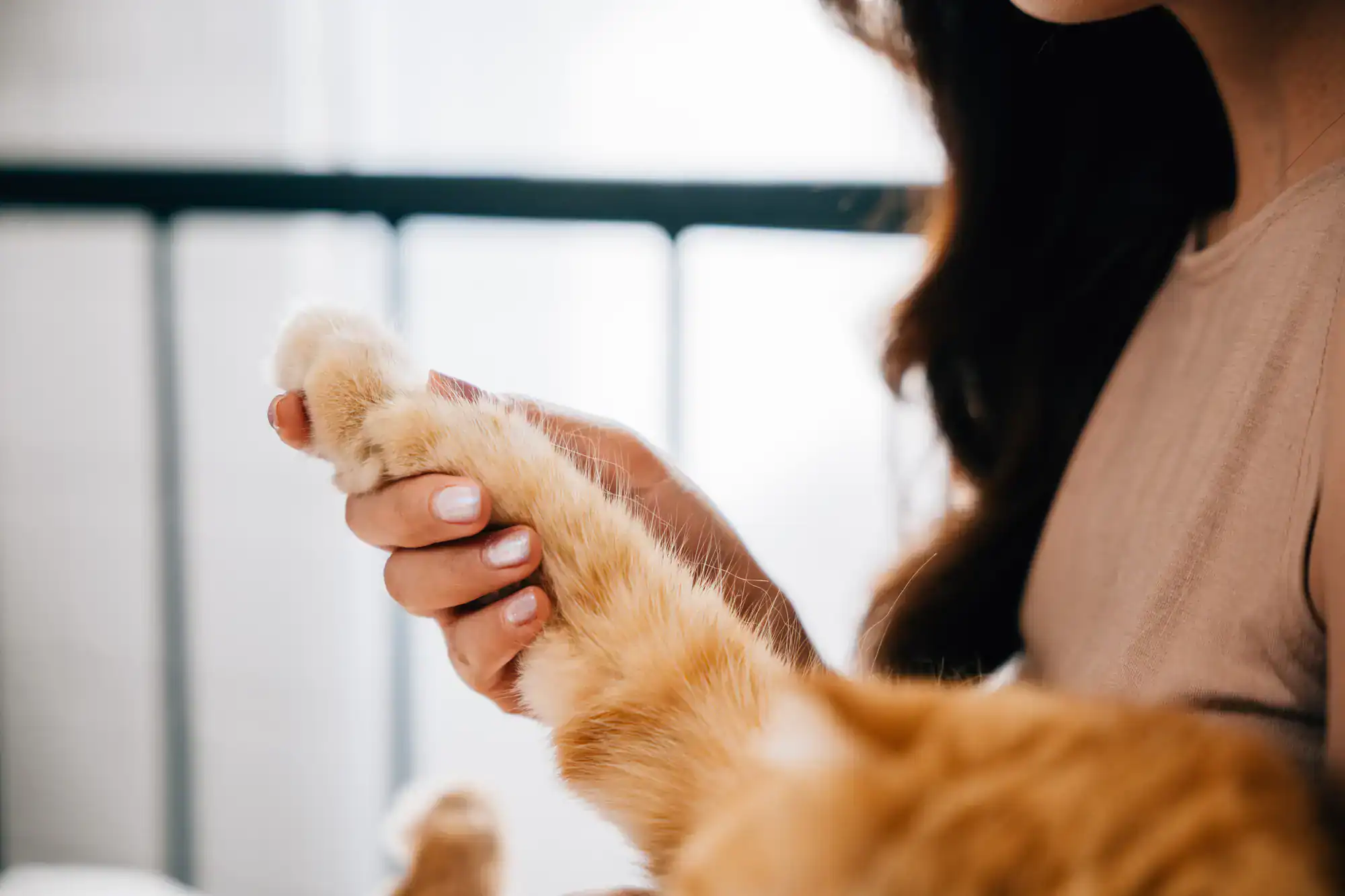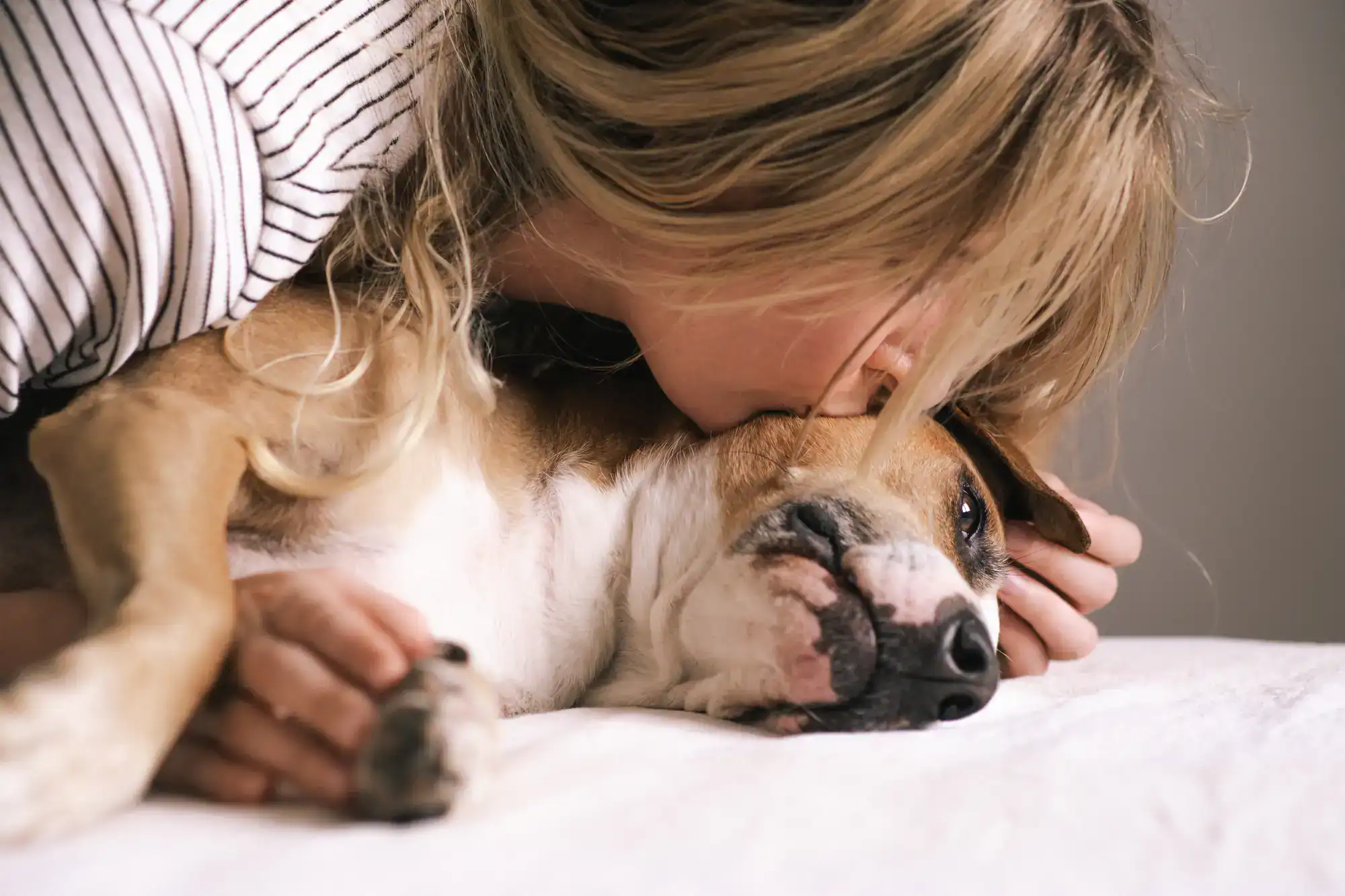Pet Loss Support in Spring Valley Village
Find Healing After Your Pet's Passing
Compassionate grief counseling and pet loss resources to help you navigate this difficult journey with dignity and understanding.

Hear from Our Customers

Coping With Pet Loss Support
Losing a pet isn’t just losing an animal—it’s losing a family member, a daily companion, a source of unconditional love. The grief you’re feeling is real, valid, and deserves proper support.
You’re not “being dramatic” or “overreacting.” Your pain matters. And while friends and family might not always understand the depth of your loss, we do.
Our pet loss support services help you process your grief at your own pace. You’ll find resources for coping with pet loss, connections to grief counseling professionals, and a community that truly understands what you’re going through. Because healing doesn’t happen on anyone else’s timeline but yours.
Pet Cremation Services Spring Valley Village
We’ve been serving Harris County families since 1989. We’re not just another crematory—we’re pet parents ourselves who understand the profound bond you shared.
As members of the American Association for Pet Loss and Bereavement, we maintain the highest standards of care. Our two full-time veterinarians and experienced staff treat every pet with the same dignity and respect we’d want for our own beloved companions.
Spring Valley Village families trust us because we combine professional expertise with genuine compassion. We know this community values quality, transparency, and personalized service—and that’s exactly what we deliver during your most difficult moments.

Pet Grief Counseling Process
Your journey with grief doesn’t end when your pet passes—it’s just beginning. Our pet loss support process is designed to meet you wherever you are in your healing.
First, we connect you with appropriate grief counseling resources, whether that’s individual support, group sessions, or specialized pet bereavement counseling. We maintain relationships with qualified professionals who understand the unique nature of pet loss.
Our unique pet portal system keeps you informed throughout any cremation process, providing transparency when you need it most. You’ll always know what’s happening and when to expect next steps.
We also provide ongoing resources for coping with pet loss—from literature about the grieving process to connections with local support groups. Because healing happens in community, not isolation.

Ready to get started?
Pet Loss Resources Spring Valley Village
Our pet loss support extends far beyond cremation services. We provide a complete network of resources designed specifically for Spring Valley Village families navigating pet grief.
You’ll have access to grief counseling referrals, support group information, and educational materials about the pet bereavement process. We understand that Spring Valley Village residents expect thorough, professional service—and that includes emotional support.
Our bilingual staff can assist Spanish-speaking families, ensuring everyone in our diverse community receives compassionate care. We also honor first responders, military families, and rescue groups with a 10% discount because we know these community heroes often form especially deep bonds with their animals.
The reality is that pet loss affects everyone differently. Some people need immediate support, others prefer to process privately. Whatever your approach, we’re here to provide the resources you need without judgment or pressure.

How do I know if I need professional grief counseling for pet loss?
What's the difference between pet loss support groups and individual counseling?
How can I help my children cope with pet loss?
Is it normal to feel guilty after my pet dies?
When is the right time to get another pet after loss?
How do I handle people who don't understand my grief over a pet?
Other Services we provide in Spring Valley Village
